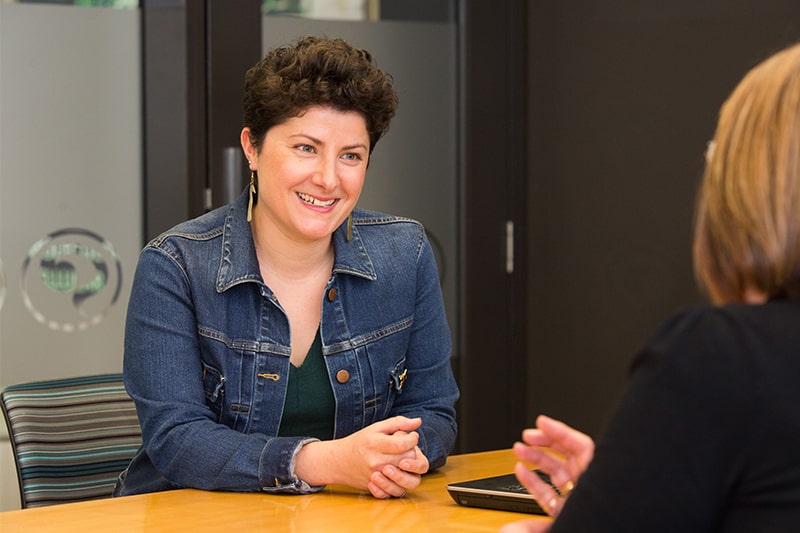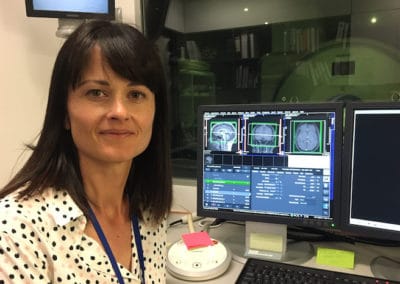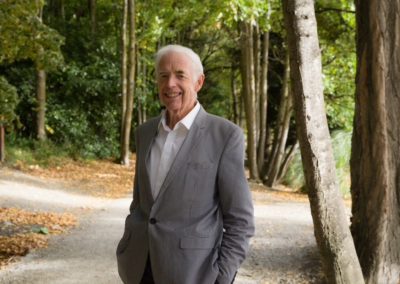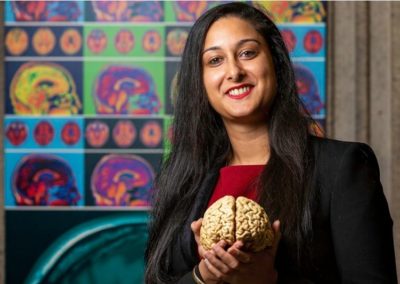For a country as small as New Zealand, research into rare diseases can be incredibly difficult. When you’re looking for those tiny changes that set apart the healthy and the sick you need enough people to really compare. This is one of the reasons behavioural variant frontotemporal dementia (FTD), a disease that affects around one in every 7000 people, is so difficult to study. Despite being rare, frontotemporal dementia, or FTD, accounts for over 10% of early onset cases of dementia, with disease onset from approximately 55 years old. In one of our Auckland-based labs researchers have developed an ongoing relationship with a family who carry the genetic mutation for FTD. It is a devastating disease to have running through their family, and their help has been an incredible gift for FTD research in New Zealand.
For the Auckland FTD Family, diagnosis can come years in advance of disease onset due to a genetic test. For up to 70% of those who develop FTD, however, there is no test to identify FTD. Ashleigh Baker – a psychology PhD student funded by BRNZ, and supervised by Associate Professor Lynette Tippett and Professor Donna Rose Addis is working with presymptomatic family members to identify brain and behaviour biomarkers of the disease, that is, attempting to identify the earliest brain and behaviour changes.
Ashleigh is using a combination of functional magnetic resonance imaging (fMRI) and neuropsychological assessments to understand how FTD begins and progresses. She’s looking at what changes occur first, and when they occur. Ashleigh is focusing on these early changes in the brain in the hope of finding a biomarker that can be detected at the very early stages of dementia, giving the largest possible window for intervention.
The work Ashleigh is doing focuses on changes in the structure and function of the brain, as well as any changes to cognitive processes like memory, emotion recognition, decision making, and imagination. In addition to this, Ashleigh is conducting qualitative analysis to understand the impact of FTD on family member’s lives. The family are a devoted, special group of people, motivated by the desire to see an improved FTD prognosis for both future generations of their family and the wider community. “They’ve been incredibly generous,” Ashleigh says, “and we wouldn’t be able to do the work without that generosity.”



